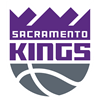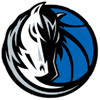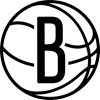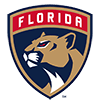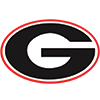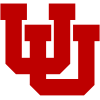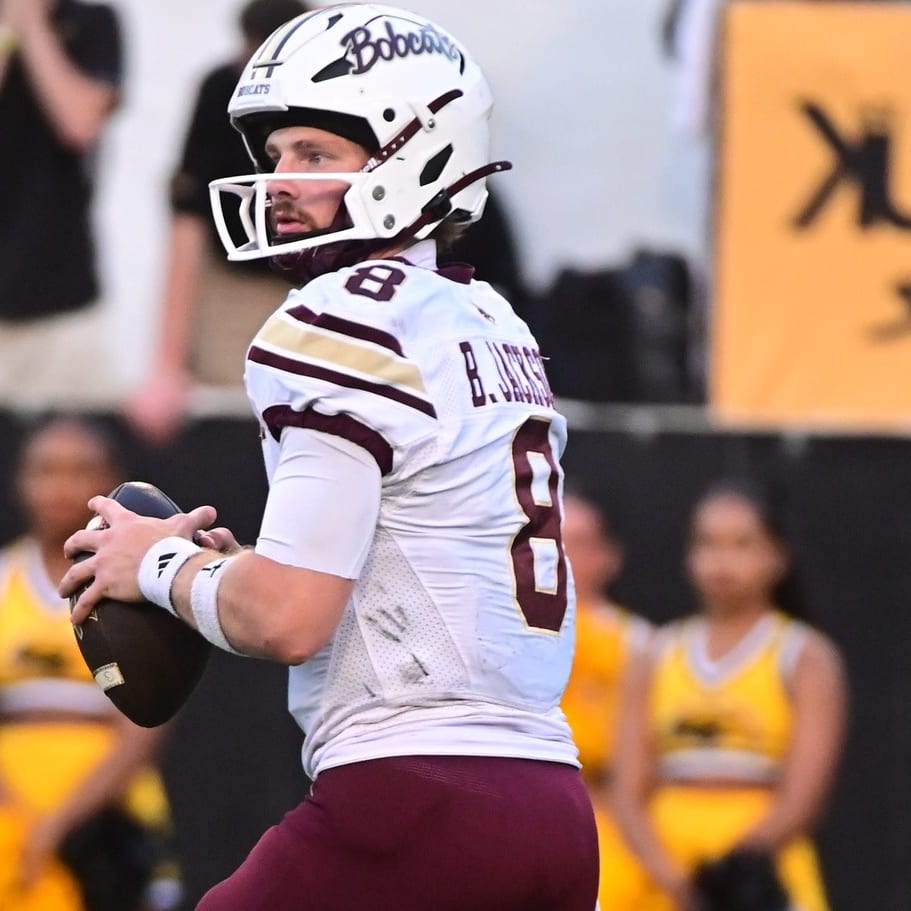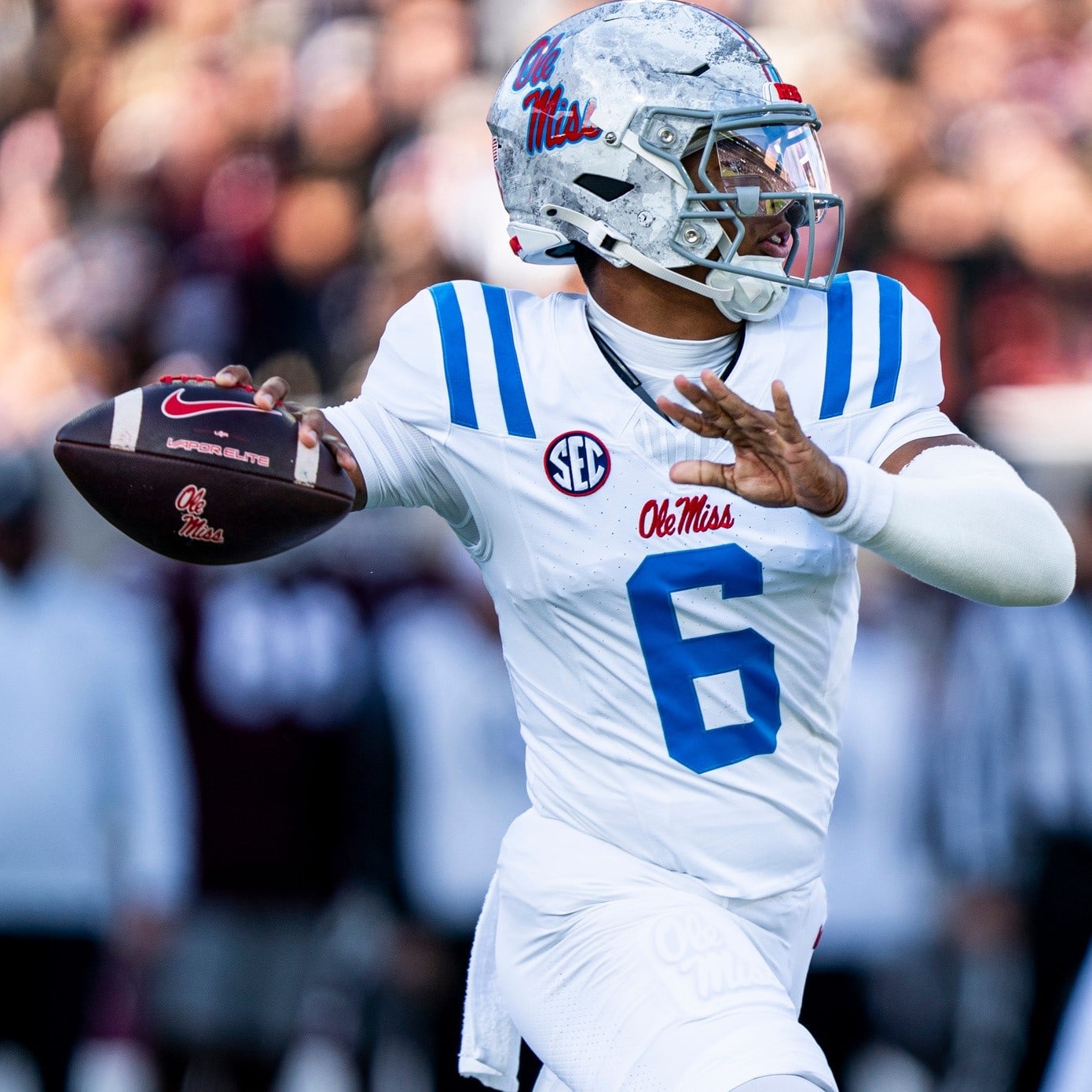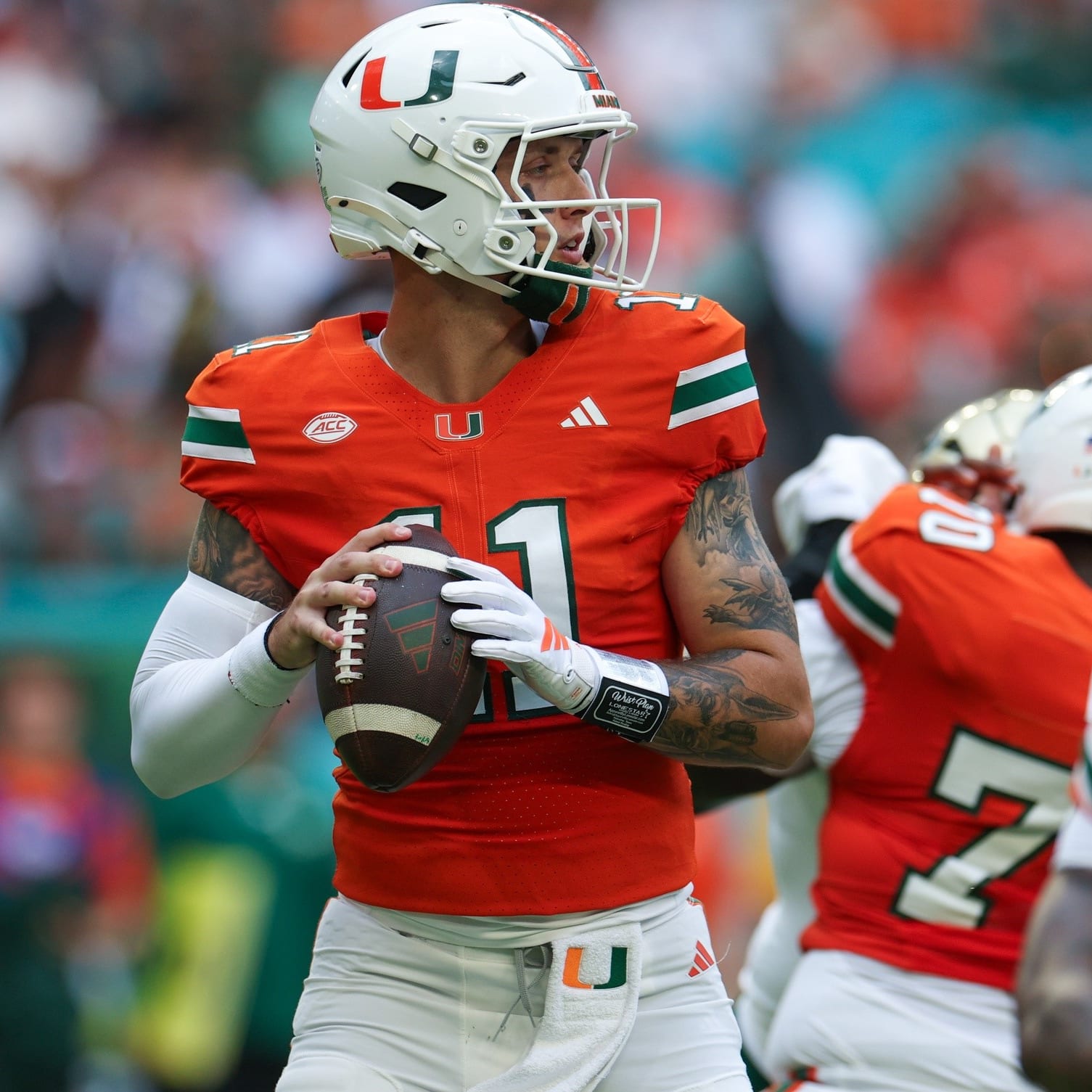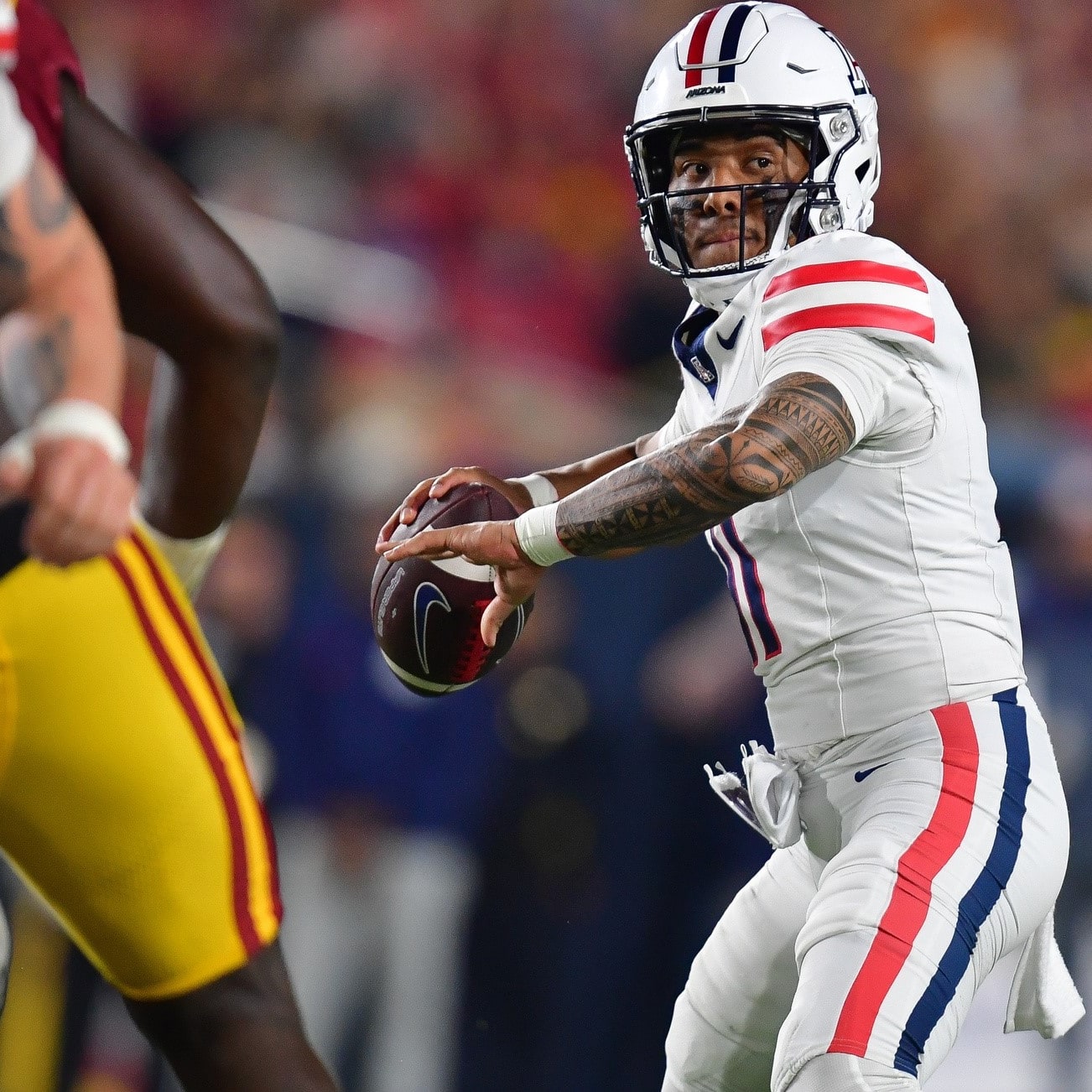College football season is right around the corner and we're kicking off our series of position-by-position previews with the running backs. In addition to our articles, Rotowire's season-long projections are set to go live on the site and they will be exportable for full customization.
1. Derrius Guice, LSU, Jr.
LSU's backfield finally belongs to Guice after Leonard Fournette's departure to the NFL, and that's a scary thought for SEC defenses. When Guice carried the load in Fournette's absence last year, he absolutely torched opposing defenses – most notably a 37-carry, 285-yard performance at Texas A&M. He finished the year averaging 7.6 yards per carry on 183 totes. Even in a new offense that'll be more balanced, Guice will still be the focal point for the Tigers. Guice's off-the-charts talent and versatility make him, at worst, a top-three fantasy back this season.
2. Royce Freeman, Oregon, Sr.
There wasn't much left for Freeman to prove with 4,148 rushing yards (5.9 YPC) and 44 touchdowns in his Oregon career, but he still returned for a senior season that should be a smashing success under new coach Willie Taggart. Taggart rebuilt two wrecked programs at Western Kentucky and South Florida before heading to Oregon, and in his previous stops he made stars out of Bobby Rainey, Antonio Andrews and Marlon Mack. Freeman is more talented than any of those backs by a significant margin. After an injury-shortened 2016 that held him to less than 1,000 yards, a bounce back is in store.
3. Saquon Barkley, Penn State, Jr.
Barkley is a potential first-round NFL pick with a rare combination of size (5-11, 223) and freakish athleticism, which was never on better display than a remarkable Rose Bowl performance against USC when he ran for 194 yards (7.8 YPC) and two touchdowns while catching five passes for 55 yards and a touchdown. Despite a tough schedule and a slow start to the year, Barkley finished his 14 games averaging nearly 135 scrimmage yards and 1.5 touchdowns per game. Think of Barkley's ranking less as third overall and more like 1C.
4. Jalin Moore, Appalachian State, Jr.
Moore took on the lead back role for the Mountaineers last year with Marcus Cox battling injuries and thrived with the increased workload. He ran for 1,402 yards (5.92 YPC) and 10 touchdowns while appearing in all 13 games en route to earning Sun Belt Offensive Player of the Year honors. Moore is a borderline Power 5 talent, so he should dominate conference play again. With Cox graduated, Moore will have an even bigger market share of the carries in what has become one of the nation's more run-heavy pro-style systems in recent years.
5. Rashaad Penny, San Diego State, Sr.
With all the attention that Donnel Pumphrey grabbed last season, it's easy to miss the fact that Penny ran for 1,018 yards (7.5 YPC) and 11 touchdowns off the bench, sneaking in 15 catches for an additional 224 yards and three touchdowns. With Pumphrey gone to the NFL, it looks like Penny might be capable of similar feats, as the 5-11, 220-pound back has proven highly explosive when given the chance. His size/speed combination is intriguing – Penny has five kickoff returns for touchdowns the last two years.
6. Terry Swanson, Toledo, Sr.
Swanson has quietly posted big numbers at Toledo behind previous star runner Kareem Hunt, but steps into the starting role for the first time in 2017. Even with Hunt around the last three years, Swanson managed to run for 2,238 yards (6.0 YPC) and 17 touchdowns in a stretch where Hunt claimed 645 carries. With senior quarterback Logan Woodside returning after last year's 40-touchdown showing, Swanson's explosiveness will plug into an offense poised to score many touchdowns, with Swanson likely posting double-digit TDs.
7. Ito Smith Southern Mississippi, Sr.,
After previously splitting the Southern Mississippi backfield with Jalen Richard, Smith had the backfield to himself in 2016 and came through with a spectacular season. The bigger workload didn't sap his explosiveness any, as he totaled 1,918 yards and 19 touchdowns from scrimmage over 13 games. A shifty runner and one of the absolute best pass catchers among running backs, Smith's three-down skill set gives him a high floor and high ceiling. The only concern is the departure of star quarterback Nick Mullens, whose exit might lessen the size of the pie at Southern Miss.
8. Larry Rose III New Mexico State, Sr.,
A sports hernia injury just before the season's start made 2016 something of a lost year for Rose, who was riding the momentum of a remarkable 2015 season when he ran for 1,651 yards (6.9 YPC) and 14 touchdowns in 12 games, adding 282 yards and two touchdowns receiving. Last year he ran for merely 865 yards (5.4 YPC) and four touchdowns in nine games – an enviable box score to most, but a significant disappointment for a player as good as Rose. If his health is more cooperative this year, he should reestablish himself as one of the nation's best players.
9. Devwah Whaley, Arkansas, So.
With Rawleigh Williams forced into retirement due to injury, the Arkansas starting running back workload is up for grabs. Whaley is the favorite to take it after running for 602 yards (5.5 YPC) and three touchdowns last year. At 5-11, 216, Whaley was one of the top running back recruits last year, and so long as he wins the job previously held by Williams, who ran 245 times last year, he'll likely rank among the most productive running backs in the country. The Arkansas running game is as reliable from year to year as any.
10. Ronald Jones II, USC, Jr.
Justin Davis graduated this offseason, so Jones heads into 2017 poised for a workhorse role in what will likely be one of the nation's top offenses. That would be in no small part due to Jones himself, as the speedy runner torched defenses for 2,069 yards (6.3 YPC) and 20 touchdowns in his first two seasons despite part-time workloads in each case. Jones finished last year with 177 carries while Davis claimed 110 in 10 games, so Jones should see his per-game carry count approach 20 on a team with national championship ambitions.
11. Ray Lawry, Old Dominion, Sr.
Although he plays at Old Dominion, Lawry has the look of a future NFL running back. He has a low, dense build and a high-motor style of running that allows him to tear through traffic, piling up 3,338 yards (6.3 YPC) and 38 touchdowns the last three years, adding 49 receptions for 441 yards and two touchdowns. Lawry's workload might be capped due to the presence of talented fellow RB Jeremy Cox, though, and Lawry is a bit of an injury risk after missing two games and playing hobbled in a handful of others the last two years.
12. Chris Warren, III Texas, Jr.
The son of the former Seattle Seahawks star of the same name, Warren is set to blindside the college football world after last year's season-ending knee injury pushed him into obscurity after four games, setting the stage for D'Onta Foreman to run wild so memorably. Like Foreman, Warren is a hulking runner with intimidating long speed, and new coach Tom Herman should get the most out of him despite what might be a slight change in offensive schemes. For whatever specifics might change, Herman will almost certainly see a high-tempo scheme, assuring a high carry total for Warren.
13. Devin Singletary, Florida Atlantic, So.
Florida Atlantic's expected split of the running game last year was presumed to be between Gregory Howell and Jay Warren. But Warren barely played, and Singletary stepped up to prove himself the team's best back by totaling 1,016 yards (6.7 YPC) and 12 touchdowns on just 151 carries. Heading into 2017, Howell might get pushed even more into the background, as Singletary scorched his way to 721 yards and 10 touchdowns in the final four games alone. He also showed pass-catching upside by snagging 12 catches in that span.
14. D'Angelo Brewer, Tulsa, Sr.
Even while watching teammate James Flanders run for 1,629 yards and 18 touchdowns last year, Brewer still received enough work in Tulsa's max-tempo scheme to total 1,435 yards (5.4 YPC) and seven touchdowns in 12 games. Brewer doesn't do much as a receiver and likely will split carries to some extent again this year, but it's hard not to get excited about what he might do with 304 carries up for grabs from last year's offense. Brewer is truly going to get all the work he can handle, and as an at least decent player he should turn that into big numbers again.
15. Justin Crawford, West Virginia, Sr.
Crawford figures to split the West Virginia backfield to some extent with talented backup Kennedy McKoy, but the Mountaineers' high-tempo scheme should afford both players plenty of work. Not only should there be more carries to go around after the graduation of Rushel Shell (113 carries), but quarterback Will Grier should run less than previous starter Skyler Howard (142 carries). Crawford only needed 163 carries to total 1,184 yards (7.3 YPC) last year, so he should be capable of great things if he can just average about 18 carries per game.
16. Phillip Lindsay, Colorado, Sr.
Linday entered last year a presumed third-down back behind Michael Adkins, but Adkins got hurt and Lindsay ran away with the starting role. Listed at just 5-8, 190, Lindsay nonetheless held up under a big workload, taking 244 carries for 1,252 yards (5.1 YPC) and 16 touchdowns while getting open for 53 receptions for 493 yards and a score. He might see a lighter workload with Adkins back this year, but Lindsay is the clear starter. The Buffs should remain strong on offense under quarterback Steven Montez, who could be an upgrade over Sefo Liufau.
17. Mark Walton, Miami, Jr.
Walton arrived at Miami facing competition from two talented veterans in Joseph Yearby and Gus Edwards, yet he still ran for 1,578 yards (4.7 YPC) and 23 touchdowns while catching 49 passes for 533 yards and two touchdowns last season. Yearby and Edwards are both gone now, so Walton should see a sizable increase in his workload after 209 carries and 27 receptions in 13 games last year. His upside is questionable – his career rushing average is weak and the Miami offense might regress without quarterback Brad Kaaya – but Walton's workload and goal-line use give him a high floor.
18. Jordan Huff, Northern Illinois, Sr.
Huff's prospects this season likely hinge on a Northern Illinois offense that faces much uncertainty. The quarterback position has been a letdown lately, and it's anyone's guess whether Ryan Graham or Daniel Santacaterina, the main candidates to start, will do enough to keep things afloat. If his surroundings are vaguely favorable, Huff is good enough to run wild. He has 1,427 yards (6.9 YPC) and 16 touchdowns on just 206 carries, and he should breeze past that carry total with Joel Bouagnon graduated.
19. Justin Jackson, Northwestern, Sr.
Jackson's never been the most explosive player on what have been sluggish Northwestern offenses the last three years, but he's been incredibly consistent. Even without much help around him, Jackson heads into his senior year with 4,129 yards and 30 touchdowns in his career, and the progress of quarterback Clayton Thorson could give Jackson his most favorable setting yet in 2017. After Northwestern totaled just 18 passing touchdowns from 2014 to 2015, Thorson broke out for 22 touchdowns last year, which surely set the stage for Jackson's career-high 15 rushing scores.
20. Damarea Crockett, Missouri, So.
Crockett was one of the most pleasant surprises in college football last year, coming in as an unheralded recruit and proceeding to rush for a team-high 1,062 yards and 10 scores (6.94 YPC). At 5-11, 220, Crockett is a physical back who runs with excellent pad level and does not shy away from contact. He showed he could hold up against SEC competition as well, averaging 7.34 yards per carry against conference foes. Senior Ish Witter is still in the backfield picture, but Crockett proved last year that he is the Tigers' workhorse back.
21. Bryce Love, Stanford, Jr.
Love is undersized for a running back at 5-10, 190, but he can outrun almost anyone and should prove an admirable successor to Christian McCaffrey. McCaffrey's decision to sit out Stanford's bowl game against North Carolina gave Love a dress rehearsal for the 2017 season, and he went on to run for 119 yards (5.7 YPC) while catching a 49-yard touchdown pass. There will be no proper McCaffrey imitations here – Love is too light to take on that kind of workload – but his uncommon speed makes him an intriguing fit in what is annually a strong rushing offense.
22. Kyle Hicks, TCU, Sr.
Although he tailed off in the last month of the season playing through injury, Hicks' first year as starter was a clear success. Indeed, he was named team MVP. Even while often dealing with dysfunction in what was a down year for TCU's offense, Hicks finished his 13 games with 1,042 yards (5.1 YPC) and 12 touchdowns rushing, and his standout pass-catching skills led him to 47 receptions for 417 yards and two touchdowns. Gary Patterson is too good of a coach to led TCU skid two years in a row, so hopefully Hicks can profit from improved surroundings in 2017.
23. Akrum Wadley, Iowa, Sr.
Wadley (5-11, 191) has been Iowa's best playmaker on a per-play basis for three seasons, but he's always been buried behind bigger and more experienced backs. This year will be different as Wadley is now the top back in an offense breaking in a new quarterback. He led the team in rushing with 1,081 yards despite seeing 45 fewer carries than his since-graduated backfield counterpart, Leshun Daniels. Wadley had been in line to warrant a top-10 ranking at the position, but James Butler's transfer to Iowa puts a significant cap on his upside.
24. Myles Gaskin Washington, Jr.,
Gaskin doesn't look like a traditional workhorse at 5-9, 195, but through two seasons he already has 2,675 yards (5.8 YPC) and 24 touchdowns. He should remain the clear lead runner in an offense favored to rank among the nation's best after scoring 71 touchdowns in 2016. Gaskin doesn't have a particularly high ceiling due to minimal pass-catching work (25 catches in two years) and the presence of standout backup Lavon Coleman, but Gaskin has a high floor as one of the centerpieces of a prolific offense.
25. Nick Chubb, Georgia, Sr.
Uncertainty surrounded Chubb before last season as he recovered from a devastating knee injury suffered in 2015. He hushed the doubters with 222 yards in Week 1, but a string of shaky outings against bad teams coupled with a Week 4 ankle injury had many wondering if Chubb would regain his previous form, when he looked like a first-round NFL pick. He's another year removed from the injury and running behind what has to be an improved offensive line, so Chubb should bounce back despite sharing the backfield with talented teammate Sony Michel.
26. Mike Weber, Ohio State, So.
Weber entered last season in Ezekiel Elliott's giant shadow, but he comported himself well as Ohio State's new top running back, cracking 1,000 yards while averaging 6.0 YPC and rushing for nine touchdowns. He runs behind one of the best lines in the land and has the power-speed combo to get by defenders once he reaches the second level. There are a lot of mouths to feed in the Ohio State run game with some talented backs behind him in addition to J.T. Barrett, but Weber is a safe bet for 1,000 yards and double-digit touchdowns.
27. James Butler, Iowa, Sr.
Butler shockingly transferred to Iowa from Nevada this summer, which was a major hit to his fantasy value. Butler would have been a workhorse in Nevada's max-tempo offense, but at Iowa he'll split carries with Akrum Wadley against a much higher level of competition. Still, Butler has a three-down skill set and should still see plenty of work in an offense that made both Wadley and since-graduated Leshun Daniels useful for fantasy owners in 2016.
28. Chris James, Wisconsin, Jr.
The Pitt transfer sat out all of last year, but James is ready to establish himself as the next big-time Wisconsin running back. His numbers while at Pittsburgh aren't overwhelming as he was a complementary back behind James Conner and Qadree Ollison. However, James now has a clear shot to take over as a three-down back for the Badgers following the departures of Corey Clement and Dare Ogunbowale. James (5-10, 208) will also have the benefit of running behind a big offensive line that's returning all but one starter from last season.
29. Benny Snell, Jr. Kentucky, So.
Boom Williams drew most of the buzz coming into last year, but it was the freshman Snell who stole the show in Lexington, racking up 1,091 yards and a team-high 13 touchdowns while averaging 5.9 yards per carry as a true freshman. Snell (5-11, 220) has Nick Chubb-esque size and physicality that not only holds up well against SEC competition, but thrives against it. Kentucky also uses Snell out of the wildcat in goal-line situations, which increases his touchdown floor. Snell's size, physicality and workload will make him one of the most productive backs in the SEC.
30. Ty Johnson, Maryland, Jr.
Who led the NCAA in yards per carry among backs with more than 100 carries last season? If you answered Johnson, you are correct. The sophomore torched opposing defenses for 9.1 YPC and closed out the year with a 159-yard, two-touchdown bowl game against Boston College, allowing him to finish with 1,004 yards and six touchdowns on just 110 carries. But part of Johnson's production was aided by the absence of fellow back Lorenzo Harrison, who served a four-game suspension at the end of the year. The two explosive backs figure to share the backfield in 2017.













